What are sexually transmitted infections (STI)?
STIs are transmitted through unprotected vaginal, anal, and oral sex, as well as genital contact with skin. Some STIs that are caused by bacteria can be treated, while other viral types can be permanent.
How can I avoid sexually transmitted infections?
The World Health Organization stated that the safest way of avoiding STIs is staying faithful to your non-infected partner your whole life.
What else?
Postponing sexual activity is a positive and healthy choice.
The fewer sexual partners you have, the lower the risk of contracting an infection. However, contact with even just one infected partner can infect you; thus causing serious consequences to your health.
If you use a condom every time you have sex, you are greatly decreasing the risk of contracting STIs, however condoms are not 100% reliable protection against STIs.
You have freedom of choice when it comes to making decisions that directly affect your health. Sex directly impacts your emotional and mental health, not only your physical health. Be responsible for your health.
What you need to know about ...
Chlamydia
Caused by bacteria. The highest rate of infection is the teenage population.
Symptoms: 70-80% of infected men and women do not have visible syptoms.
Men: Painful urination, secretion from the penis, painful testicles.
Women: Pain and/or bleeding during or after sex. Painful urination. Pelvic pain and vaginal secretion.
Health Consequences:
- Men: Possible decreased fertility and testicle infection.
- Women: May cause pelvic pain and inflammation, ectopic pregnancy, and infertility.
- Treatment: Taking antibiotics is 95% effective.
Genital herpes
Caused by a virus
Symptoms: Men and women: small blisters and sores in the genital area, painful urination and flu-like syptoms during phase one.
Health consequences:
- Pregnant women can infect their children.
Treatment: There is no cure. Anti-viral medication can decrease the severity and frequency of symptoms.
Genital warts
Caused by human papilloma virus (HPV), is the most common viral STD.
Symptoms: Men and women: little knots or warts on the genitals cause irritation. Most people do not even know they are infected.
Health Consequences:
- Women: Several types of HPV are connected with cervical cancer.
- Treatment: There is no permanent cure, so the virus can remain in the body. Visible warts can be removed with chemicals, freezing, or applying heat or laser treatment.
Gonorrhea
Caused by bacteria
Symptoms: Men: 10% do not experience any kind of symptoms. Painful urination, penis secretion and pain in the testicles.
Women: 50% do not experience any kind of symptoms, but when or if symptoms occur they can include vaginal secretion, painful urination, and pelvic pain.
Health Consequences:
- Women: May cause inflammation of the pelvis, ectopic pregnancy, and infertility.
- Men: Inflammation of the testicles or prostate, infertility.
- Treatment: Antibiotics
Human Immunodeficiency Virus (HIV)
Nearly 50% of new infections occur among heterosexuals.
Symptoms: Early symptoms are flu-like. After which follows muscle pain, fever, rash, and swollen lymph glands.
Health consequences:
- Without treatment, almost all infected people will develop AIDS and die.
Treatment: There is no cure. Anti-retroviral medication can slow the multiplication of viruses and postpone the beginning of AIDS, thus prolonging the lives of infected people.
Hepatitis
Hepatitis B and C are viruses that affect the liver. They are usually transmitted by unprotected sex and infected needles.
Symptoms:
Men and women: Flu-like symptoms: nausea, vomiting, diarrhea, weight-loss and itching.
Health consequences:
- Men and women: Most people with Hepatitis B will fight off the virus, but 2-10% might become carriers of the virus. They might end up with liver damage or cancer. Only 20% of those infected with Hepatitis C will successfully fight off the virus. 80% will stay infected and possibly develop liver damage or cancer.
Treatment: Hepatitis B vaccines are effective. There is no vaccine for Hepatitis C.
Syphilis
Syphilis is a sexually transmitted infection caused by the bacteria Treponema Pallidum. It is often called "a great imitator" because symptoms are similar to other infections.
Syphilis is transmitted from person to person with direct contact with a syphilis wound. Wounds usually emerge on the surface of the genitals: the vagina, anus, and rectum. Wounds may appear on the mouth and lips. Bacteria are transmitted during vaginal, anal, or oral sex. Pregnant women can infect their babies.
Many people that are infected with syphilis do not show any symptoms for years. However, they have a high risk of later complications if they are not treated on time. Even though the transmition of infection usually occurs with people that have wounds in their primary or secondary phase, many of those wounds are not seen on time. The carrier can be unaware that they are even infected.
The Syphilis bacteria can infect a baby during pregnancy. Based on how long the pregnant woman has been infected, possible consequences can be a still-born baby or death of the baby shortly after birth. An infected baby can be born with no symptoms, however, if not treated immediately, the baby can develop serious health problems within the first few weeks after birth. Untreated babies can have developmental problems or even die. .
Many sexually transmitted infections do not have any symptoms.
If you:
- had unprotected sex or if your condom broke during sex
- if you had genital contact with the skin of an infected person
- if you suspect that your previous partner has been infected
- if you do not know the sexual history of your previous partners
- then it is possible that you have a sexually transmitted infections.
Some people have several sexually transmitted infections.
If you think you might have STIs, even if you do not have any visible symptoms, you need to see a doctor immediately.

